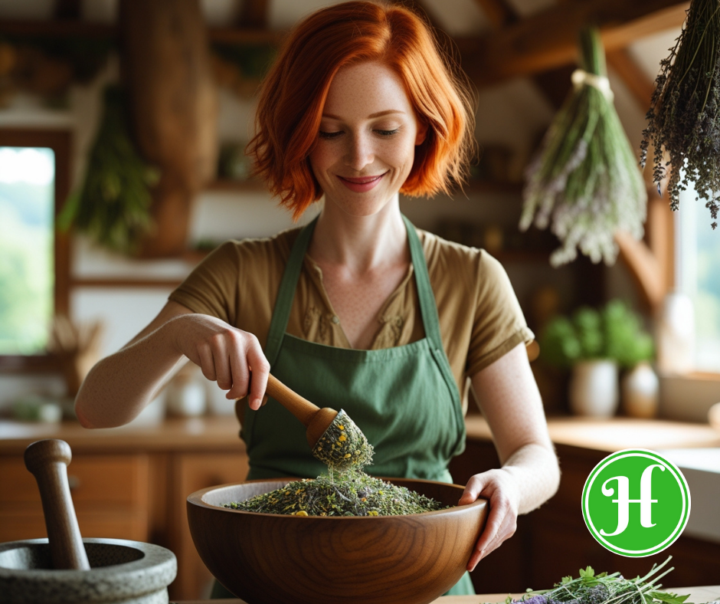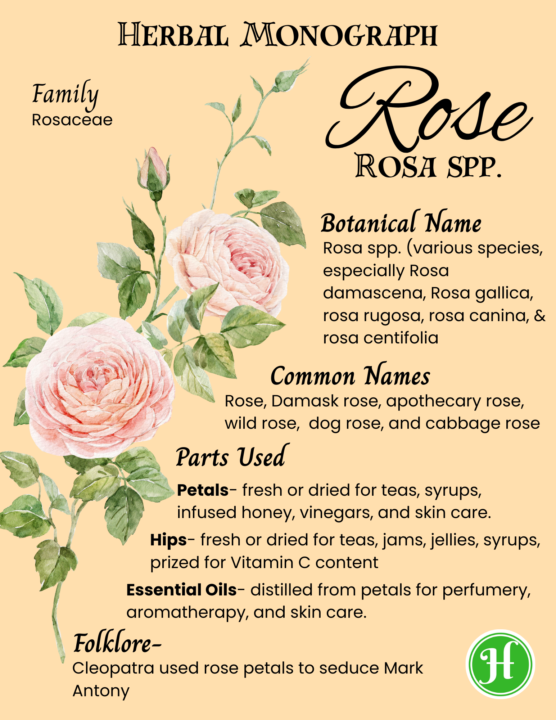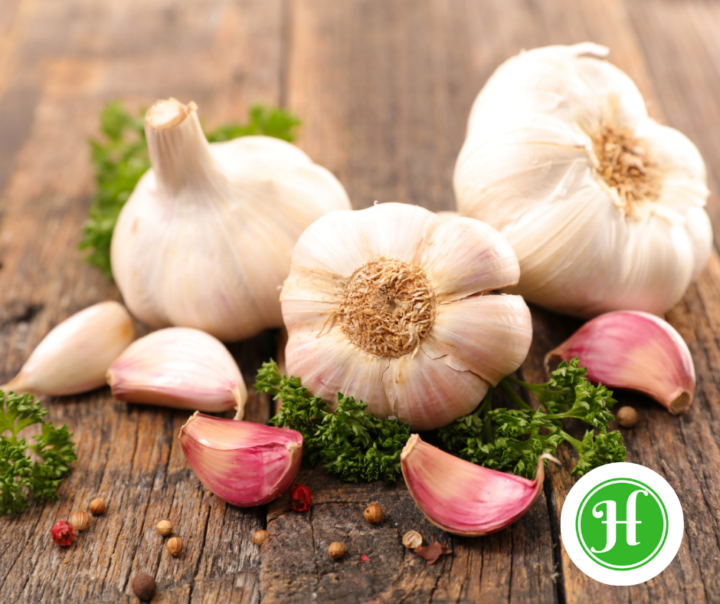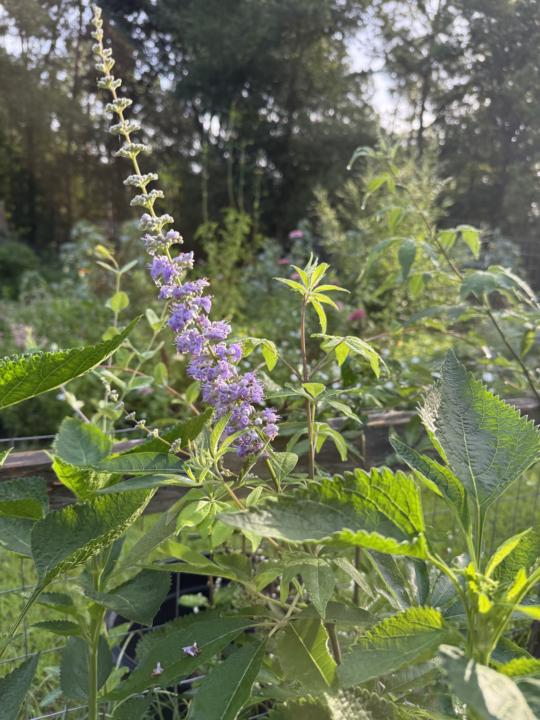Activity
Mon
Wed
Fri
Sun
Feb
Mar
Apr
May
Jun
Jul
Aug
Sep
Oct
Nov
Dec
Jan
What is this?
Less
More
Memberships
The School of Thyme & Wisdom
118 members • $65/m
18 contributions to The School of Thyme & Wisdom
Basics of Blending Herbs
Since this category is dedicated to herb blends and pairings, I though it fitting to have a thorough post on blending herbs. Here you go- The Basics of Blending Herbs Herbal blending is both an art and a science. Whether you are creating a soothing tea, a culinary spice mix, or a healing salve, blending herbs thoughtfully ensures harmony of flavor, aroma, and effect. Beginners often find that a few guiding principles can transform their herbal creations from random mixtures into balanced, purposeful blends. 1. Understanding the Purpose of Your Blend The first step in blending is to define the goal. Are you seeking to support digestion, create a calming bedtime tea, or add complexity to a recipe? The purpose informs the types of herbs you select. For instance: - Medicinal blends may target specific systems (nervous, digestive, immune). - Culinary blends often balance flavor groups (savory, sweet, bitter, pungent). - Aromatic blends like incense or potpourri rely on fragrance harmony. 2. Choosing a Base Herb Every blend needs an anchor. In tea blending, this is often called the foundation herb, typically making up 40–60% of the formula. Base herbs are usually mild in flavor and action, supporting and carrying the other herbs. Examples include: - Lemon balm (Melissa officinalis) – calming, lightly citrusy. - Chamomile (Matricaria chamomilla) – soothing, floral. - Nettle (Urtica dioica) – nutritive, earthy. 3. Adding Supporting Herbs Supporting herbs reinforce the purpose of the base. They may contribute similar properties, add synergy, or bring in secondary benefits. For example, a calming blend of lemon balm might be paired with passionflower to enhance relaxation. In culinary blends, rosemary may be supported by thyme or oregano to build depth. 4. Accent Herbs: Flavor and Focus Accent herbs are added in small amounts (5–20%) to provide distinction. They bring brightness, spice, or a strong medicinal action. Examples include: - Peppermint for cooling freshness. - Ginger for warmth and improved circulation. - Lavender for aromatic, calming notes.

Using Roses as Herbs
Many people don't know how beneficial roses can be. Even if you do not grow roses, rose petals, essential oil, and rose hips are all available at your favorite source- online or health food store. It's not every day that something beautiful and fragrant is so good for you! Let's take a closer look at the Rose as an herb: Botanical Name - Rosa spp. (various species, especially Rosa damascene, Rosa gallica, Rosa rugosa, Rosa canina, and Rosa centifolia) Common Names - Rose, Damask rose, Apothecary rose, Wild rose, Dog rose, Cabbage rose Family - Rosaceae Description Roses are perennial, woody shrubs with thorny stems, pinnate leaves, and showy, fragrant flowers ranging in color from white to deep crimson. The hips (seed pods) are small, usually red or orange, and develop after flowering. In herbalism, the petals and hips are the most valued parts. History & Folklore Ancient Civilizations: - Egypt: Cleopatra famously scattered rose petals in her chambers to seduce Mark Antony. - Persia: The birthplace of distilled rosewater (~10th century CE), used for medicine and cuisine. - Rome: Petals were strewn at feasts and steeped in wine; rose garlands symbolized secrecy ("sub rosa") Parts Used - Petals – fresh or dried for teas, syrups, glycerites, infused honey, vinegars, skin care. - Hips – fresh or dried for teas, jams, jellies, syrups; prized for vitamin C content. - Essential oil & hydrosol – distilled from petals for perfumery, aromatherapy, and skin care. Constituents - Petals: volatile oils (including geraniol, nerol, citronellol), flavonoids, tannins, phenolic compounds. - Hips: ascorbic acid (vitamin C), flavonoids, carotenoids (beta-carotene, lycopene), pectins, organic acids. Medicinal Actions - Petals: fresh or dried for teas, syrups, glycerites, infused honey, vinegars, skin care - Hips: fresh or dried for teas, jams, jellies, syrups; prized for vitamin C content. Modern Research - Rose extracts show antioxidant and anti-inflammatory effects. - Aromatherapy with rose essential oil has been linked to reduced anxiety, improved mood, and enhanced sexual function. - Rose hip powder has demonstrated benefit in reducing pain and improving mobility in osteoarthritis.

Garlic! How Can You Not LOVE Garlic!
We are in the heat of summer, but cooler weather will be here shortly and so will garlic planting season! Garlic takes a long time to mature, so if you are planning on growing some of your own, now is the time to order your cloves. Even if you don't grow garlic yourself, you should definitely have this herb in your tool box! Garlic isn’t just something you toss into spaghetti sauce for extra flavor—it’s one of the oldest medicinal plants in human history. This humble bulb has been used for thousands of years to fight off colds, heal wounds, and, if folklore is to be believed, keep everything from vampires to evil spirits at bay. The Medicinal Benefits of Garlic 1. Immune System Support Garlic is famous for helping the body fight off colds and infections. Modern research shows that allicin, the compound that gives garlic its strong smell, also gives it antimicrobial powers. Studies have found that people who regularly eat garlic may have fewer colds and recover faster when they do catch one. 2. Heart Health Regular garlic consumption can help lower blood pressure and cholesterol levels. The sulfur compounds in garlic appear to relax blood vessels and improve circulation—basically helping your heart work smarter, not harder. 3. Natural Antibiotic Before antibiotics were bottled and sold at the pharmacy, garlic was the go-to remedy for bacterial and fungal infections. Even today, it’s valued for its antimicrobial properties—something herbalists still take seriously. 4. Anti-inflammatory & Antioxidant Garlic has been shown to help reduce inflammation and protect cells from oxidative stress, which is linked to aging and chronic disease. 5. Blood Sugar Support Some studies suggest garlic may help regulate blood sugar levels, which is good news for people looking to support healthy metabolism. References: 1. Rahman, K. (2007). "Garlic and Cardiovascular Disease: A Critical Review." Journal of Nutrition, 137(3), 703S–705S. 2. Rivlin, R. S. (2001). "Historical Perspective on the Use of Garlic." Journal of Nutrition, 131(3s), 951S–954S. 3. Ankri, S., & Mirelman, D. (1999). "Antimicrobial properties of allicin from garlic." Microbes and Infection, 1(2), 125–129. 4. Banerjee, S. K., & Maulik, S. K. (2002). "Effect of garlic on cardiovascular disorders: a review." Nutrition Journal, 1, 4.

Lemon Verbena & Green Apple Refresher
For my herb class on Saturday, I made this tea- 1 green apple 1 cup fresh lemon verbena 8 oz water Bring just to a boil, remove from heat and cover. Let steep until completely cooled. Add enough water to make a gallon.

What color are you drawn to?
I don’t usually pick purple, but if you look at my garden it’s obvious I like purple!

1-10 of 18
@valerie-wilcox-6482
Starting my journey of learning about herbal remedies. Discovering how much vegetables, herbs & flowers are intertwined in successful gardening.
Active 9d ago
Joined Sep 11, 2024
Powered by


